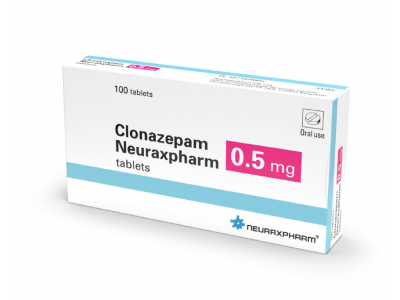Klonopin is a brand-name medication for the drug clonazepam. The primary difference between Klonopin and its generic name, clonazepam, lies in their branding and pricing. Brand-name medications like Klonopin are developed and marketed by pharmaceutical companies who initially research and patent the drug. This exclusivity allows them to sell the medication under a specific brand name for a certain period. Once the patent expires, other manufacturers can produce the same drug under its generic name (clonazepam), which typically results in lower costs for consumers due to increased competition among generic manufacturers.
In terms of the active ingredient, both Klonopin and clonazepam contain the same medication: clonazepam. They have the same chemical composition, effectiveness, and safety profile. Regulatory authorities require generic medications to demonstrate bioequivalence to the brand-name version, meaning they must deliver the same amount of the active ingredient into the bloodstream at the same rate as the brand-name drug.
For consumers, choosing between Klonopin and its generic equivalent often comes down to personal preference, cost considerations, and insurance coverage. Some individuals may prefer the brand-name version due to familiarity or perceived quality assurance associated with brand names. Others may opt for the generic version to save on medication costs, particularly if insurance coverage favors generic drugs.
In summary, Klonopin and clonazepam are essentially the same medication, with Klonopin being the brand-name version and clonazepam being its generic name. They differ mainly in branding, pricing, and sometimes in the formulation's non-active ingredients. Always consult with your healthcare provider or pharmacist to determine the best option for your specific needs and circumstances.
